AAA: Which Essential Oils Should I Use for Digestion?

Digestion problems come in all shapes and sizes, from painful stomach cramps that wake you up in the middle of the night to mild nausea or heartburn. No matter the size of the problem, these ailments are uncomfortable to experience, talk about and even kind of stomach-churning to write about. Luckily, you don’t have to bare life’s plumbing problems but rather combat them naturally with essential oils.
Here’s what research shows about essential oils’ beneficial effects on the digestive system.
Essential Oils for Nausea
Whether it’s from food, drink, medication or out of plain disgust, we all experience nausea at some point. These essential oils can help:
- In a study of Lemon essential oil's effect on 100 pregnant women with vomiting and nausea, Lemon oil was found to drastically reduce these symptoms compared to placebo.[1]
- A research paper on aromatherapy's effects on patients with postoperative nausea and vomiting found that those who inhaled Ginger and Peppermint needed less antiemetic medication.[2]
Studies have also shown that inhaling isopropyl alcohol can ease a sick stomach. Next time something doesn’t sit right, quell queasiness by inhaling isopropyl alcohol, Lemon, Ginger or Peppermint.
Essential Oils for GERD
But what if your upset stomach is a symptom of another digestive problem? Many experience nausea as a result of acid reflux or heartburn. You know, that burning feeling you get in your chest caused by stomach acid moving up the esophagus? Luckily, there is one who laughs in the face of the fiery foe that is heartburn, and its name is d-limonene. This common component of a variety of citrus essential oils has proven itself as a comfort to those with GERD and heartburn, in experimental studies. It’s believed that d-limonene can neutralize gastric acid while protecting the stomach lining.[3] Current batches of Edens Garden’s Blood Orange, Grapefruit, Mandarin and Sweet Orange essential oils all contain upwards of 90% d-limonene, making these our top picks for heartburn. These oils can be combined, diluted and applied topically along the esophagus. For added relief, inhale this blend in a diffuser or using a personal inhaler.
Essential Oils for IBS
We know that everyday issues like nausea and acid reflux can be mitigated with a little help from essential oils, but what about not-so-common digestive ailments, such as irritable bowel syndrome (IBS)? With symptoms including cramping, pain, gas, bloating and constipation, IBS can easily throw your digestive system out of whack. Sufferers of IBS seek a remedy, and according to studies, Peppermint can meet that need.
- A double-blind study in the Journal of Pediatrics found that enteric-coated Peppermint oil reduced the severity of patients with IBS after two weeks.[4]
- Mayo Clinic currently lists Peppermint as a potential future treatment for IBS.
- Aromatherapist, Robert Tisserand, agrees with studies concluding Peppermint oil's ability to alleviate IBS.[5]
To take advantage of Peppermint's benefits, we recommend diluting it and applying it topically to the abdomen. For further and more specific instructions on how to use Peppermint for IBS, we recommend working with your doctor and an aromatherapist.
Edens Garden Synergy Blends for Digestion
There are seemingly endless options when it comes to essential oils for digestion,[6] so why not make the choice easy? At Edens Garden, we offer two synergy blends that were formulated to effectively combat a range of digestion issues: Digest Ease and Tummy Aid. Also available in prediluted roll-ons, these blends take the guesswork and mess out of settling stomach problems, both small and large.
Sources:
- Yavari kia, Parisa. “The Effect of Lemon Inhalation Aromatherapy on Nausea and Vomiting of Pregnancy: A Double-Blinded, Randomized, Controlled Clinical Trial.” PubMed Central (PMC), 1 Mar. 2014, www.ncbi.nlm.nih.gov/pmc/articles/PMC4005434.
- Hines, Sonia. “Aromatherapy for Treatment of Postoperative Nausea and Vomiting.” PubMed Central (PMC), 1 Mar. 2018, www.ncbi.nlm.nih.gov/pmc/articles/PMC6494172/#CD007598-sec2-0016.
- Sun, Jidong. “D-Limonene: Safety and Clinical Applications.” Alternative Medicine Review, vol. 12, no. 3, 2007, pp. 259–64.
- Kline, Robert M. “Enteric-Coated, PH-Dependent Peppermint Oil Capsules for the Treatment of Irritable Bowel Syndrome in Children.” The Journal of Pediatrics, 1 Jan. 2001, secure.jbs.elsevierhealth.com/action/cookieAbsent?code=null.
- Tisserand, Robert. “Essential Oils and Gut Flora.” Robert Tisserand, 24 Apr. 2018, roberttisserand.com/2014/07/essential-oils-gut-flora.
- Tafti, Laleh Dehghani. “Traditional Persian Topical Medications for Gastrointestinal Diseases.” PubMed Central (PMC), 1 Mar. 2017, www.ncbi.nlm.nih.gov/pmc/articles/PMC5378958.
Grab The Essentials Here:
Leave a comment (Comments will be approved before showing up)
3 comments
sildenafil tablet 50mg
buy sildenafil india https://eunicesildenafilcitrate.com/ sildenafil 50 price
canadian customs pills vitamins
canadian pills online https://canadapillstorex.com/ canadian weight loss pills



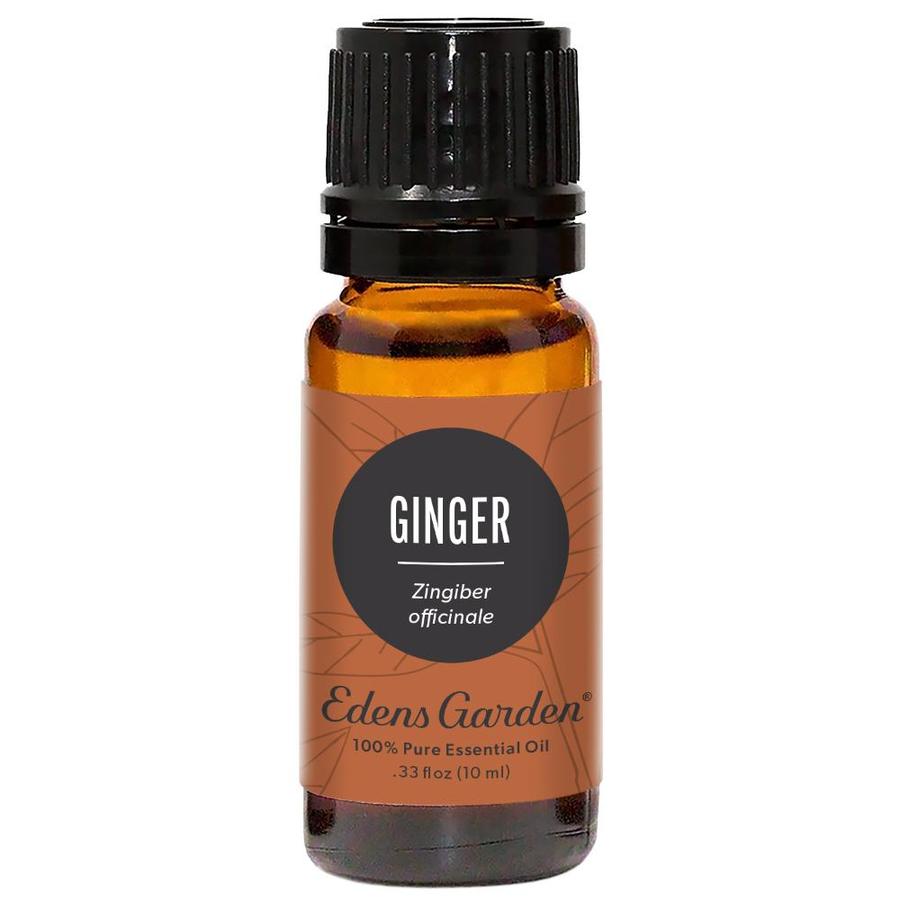
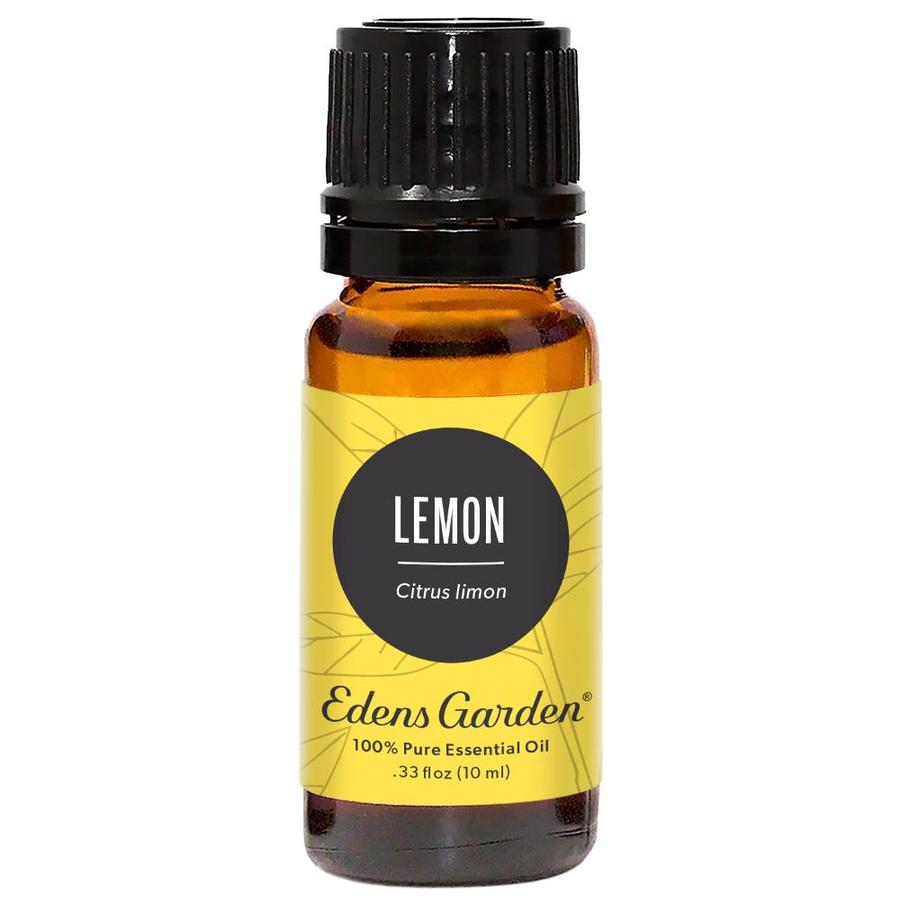
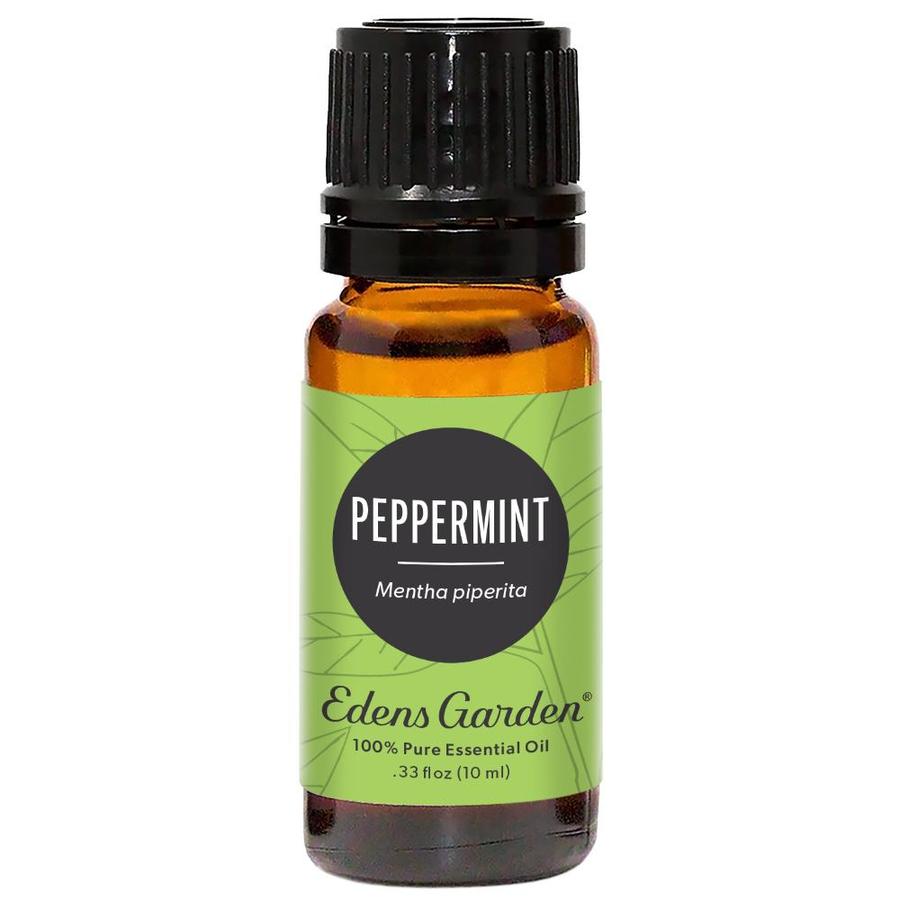
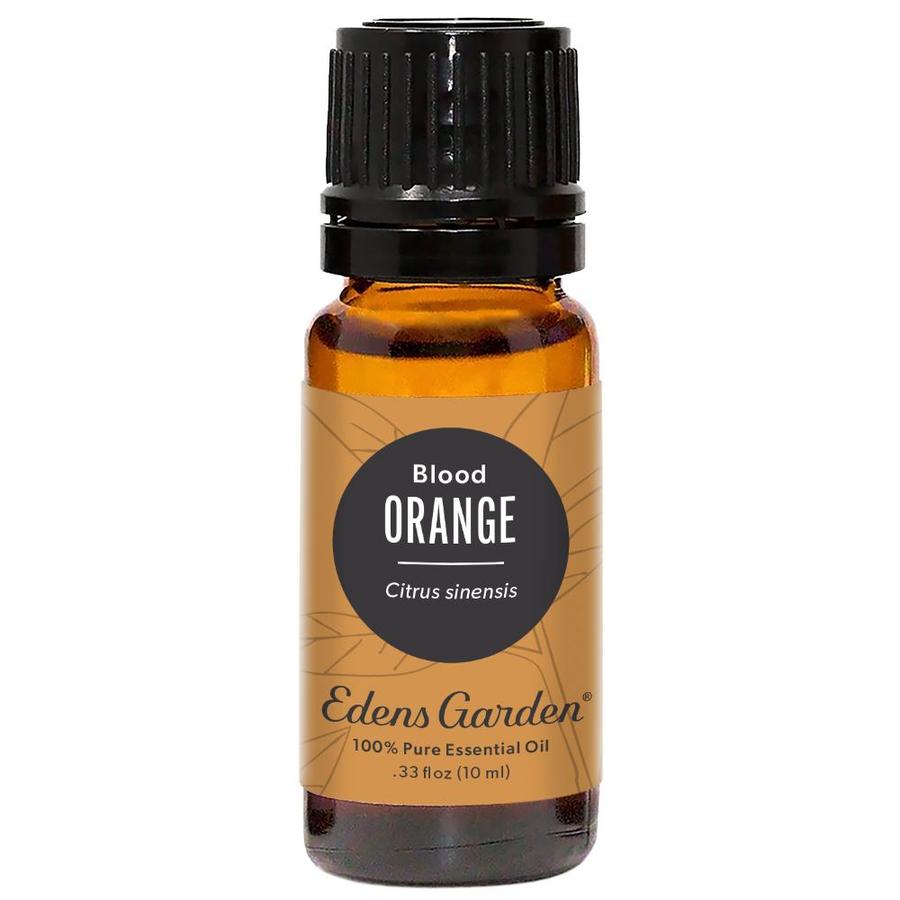
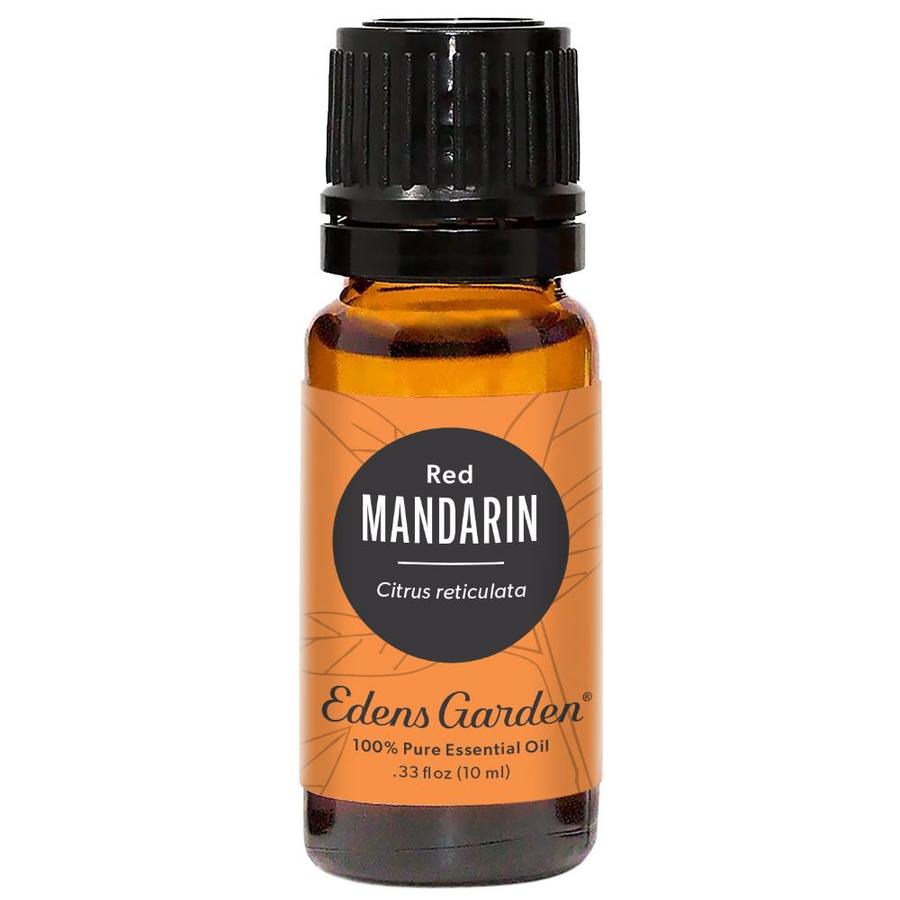





priligy
May 7, 2021 at 8:01 am
priligy for sale uk dapoxetine pills